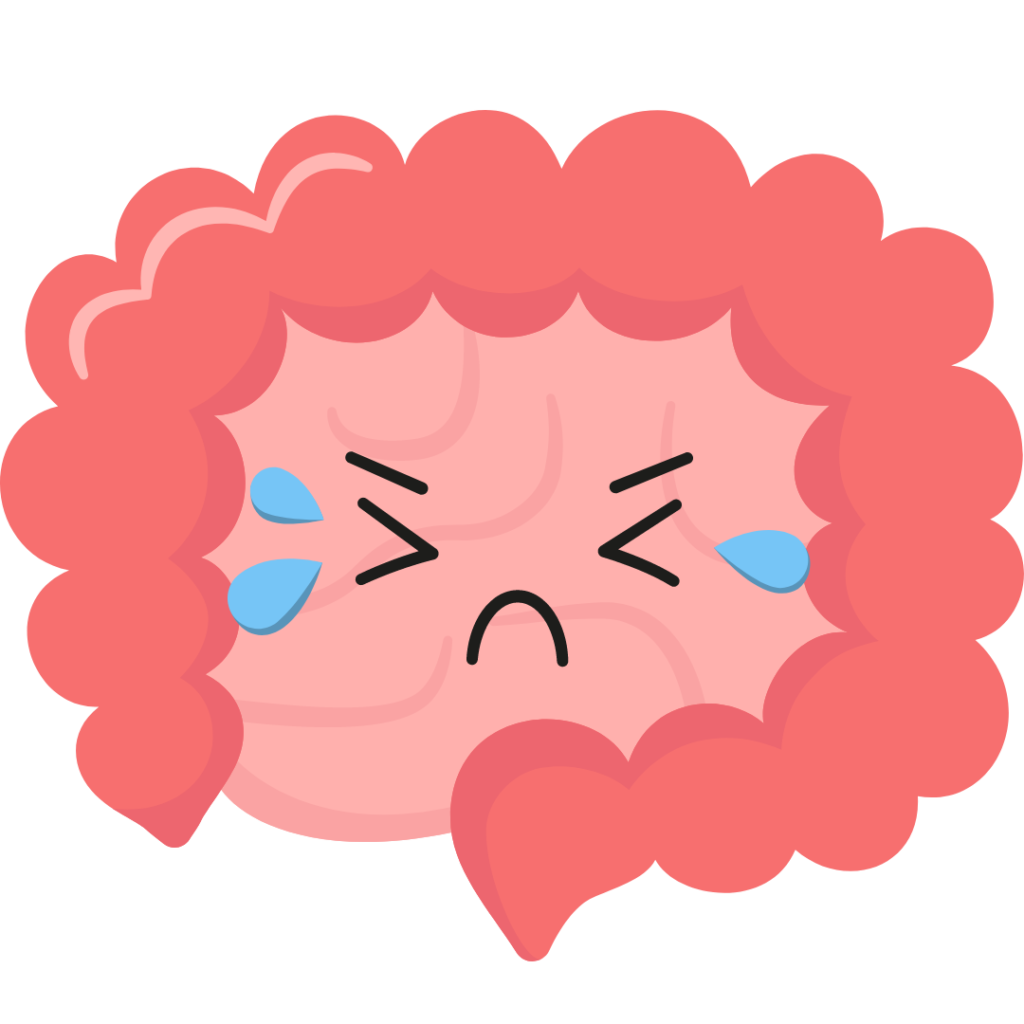Lots of people are excited about the new medication for diabetes called Mounjaro. Mounjaro works by increasing insulin secretion to lower blood sugar and by decreasing appetite. Mounjaro increases the amount of two hormones that are important for hunger and for insulin secretion. These hormones are called GIP and GLP1 and they are part of a class of hormones called incretins. These incretin hormones are secreted from the gut.
These hormones work to lower blood sugar by telling the pancreas to secrete insulin when the blood sugar is high, typically after meals. Thus, their blood sugar lowering effect is more profound after meals so fasting blood sugar may actually be higher than post-meal blood sugar when they take this type of medication.
Incretin hormones also work on the gut to decrease appetite. They slow how fast food moves through the gut making people feel full faster. Thus when people take these medications, they feel physically more full after eating less food and thus few calories. Since appetite is suppressed in this way, people can feel uncomfortably full and nauseated if they eat how they normally do. Greasy foods can worsen these effects.
These medications also work on the brain to decrease food fixation. People eat when they are hungry, yes, but people also tend to eat for many other reasons. They eat because it is time to eat, they are bored, happy, sad, celebrating or because the food tastes good. These incretin medications help decrease that mental fixation with food. This reduces overall caloric intake and eating food, especially unhealthy foods, which helps with weight loss and lowers blood sugar.
Mounjaro side effects include nausea. Nausea is by far the most common side effect of incretin medications like Mounjaro. Nausea is usually worst when the person first starts the medication. The feeling of nausea tends to decrease over a few weeks of being on the medication. For most people, the nausea is tolerable and they do not need anti-nausea medications to get through the initial nausea. These medications are taken once a week. Some people report nausea in the first one to two days after their injection which resolves over the course of the week.
Other common Mounjaro side effects are stomach upset, constipation and acid reflux. These also tend to decrease with time and can be treated with supportive medications.
A rare adverse effect of Mounjaro is pancreatitis. Pancreatitis is inflammation of the pancreas that lead to severe nausea and vomiting. With pancreatitis, people cannot keep anything down and often must be hospitalized and treated with pain medications, pain medications and not eating until symptoms improve. Pancreatitis can be dangerous and even deadly in some patients. Luckily it occurs in less than 1% of people using these medications. Still, patients should be counseled on this potential adverse effect. If they have had pancreatitis in the past, Mounjaro most likely should not be started. Also, if they have known gall stones which can predispose a person to have pancreatitis, they should be avoided.

